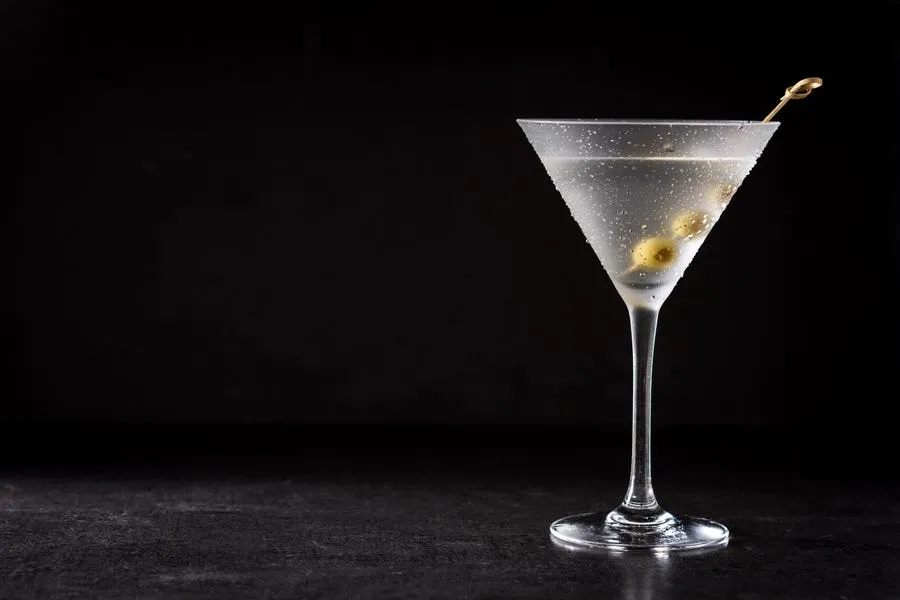Forbes contributors publish independent expert analyses and insights.
At first glance, gin and vodka seem like siblings -- clear, spirited, ready to mix into just about anything. But spend a little time with them, and you'll realize they're more like distant cousins: one's a wild aromatics enthusiast, the other's an expert in blending quietly into the background.
If you've ever found yourself squinting at a cocktail menu wondering which one you're really in the mood for, here's a friendly, no-jargon breakdown of what actually separates gin and vodka (besides, you know, a few botanicals and a strong personality).
Vodka and gin both begin with a neutral base -- think grain, potatoes, grapes, or basically anything you can ferment and distill. After a few rounds through the still, you get a high-proof spirit so clean it barely has a flavor at all.
Vodka typically stops right there. It's filtered, watered down to a manageable proof (usually around 40% ABV), and sent out into the world ready to star in everything from a Bloody Mary to a Moscow Mule.
Gin, on the other hand, takes things a few steps further. It gets infused with botanicals -- juniper being the legal must-have, but often including things like coriander, citrus peel, angelica root, and even fun extras like lavender or cucumber, depending on the brand.
Think of vodka as your friend who shows up wearing black jeans and a T-shirt. Gin is the one who accessorizes with vintage jewelry and smells faintly of bergamot.
Vodka's main goal is to be as neutral as possible. Good vodka tastes clean, maybe a little creamy or peppery depending on the ingredients, but overall it's designed to not get in the way. It's the ultimate team player in cocktails.
Gin, meanwhile, is a flavor bomb -- at least compared to vodka. The dominant note is always going to be juniper (that piney, woodsy note that either makes you say "Mmm" or "Hmm..."). But the supporting cast of botanicals can range from zesty citrus to earthy herbs to straight-up floral.
If vodka is the blank canvas, gin is a Jackson Pollock painting -- intentionally splattered with character.
When you order a Vodka Tonic, you’re really drinking the tonic. Vodka just keeps things boozy without fussing too much with the flavor.
Order a Gin and Tonic, though, and the gin absolutely shows up to the party. A classic London Dry gin will make it sharp and citrusy; a new-school, floral gin might make it taste like someone squeezed a garden into your glass.
Fun test: Next time you're at a bar, order a Martini two ways -- once with vodka, once with gin.
There's no wrong answer -- it's just about what you're in the mood for. Vodka's the move when you want the cocktail ingredients to shine. Gin's your pick when you want the spirit itself to be the flavor.
Or, you know, just get both. Life's short.
Gin and vodka may share a lot of DNA, but when it comes to drinking them, they couldn't be more different. One likes to fly under the radar; the other demands to be noticed. Either way, they're both here to make your cocktail hour a whole lot more interesting.
Just don't mix them up at a cocktail party -- unless you're trying to start a lively debate. In which case: carry on.
